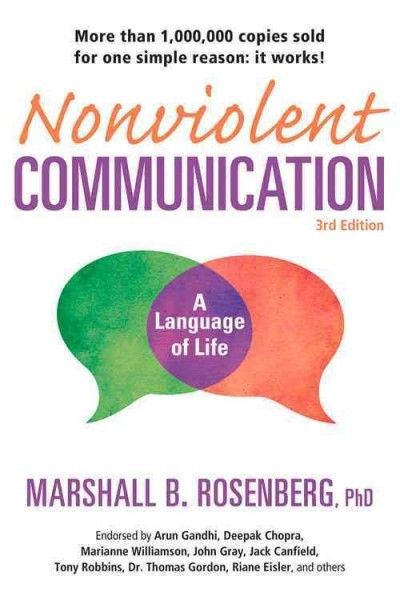Quick notes on listening
People share a common need to feel heard. Different people experience different levels of this need, and different people try to fulfill this need in different ways, but the core need is a shared part of the human condition, just like our common need to be able to shape our own futures.
Most people satisfy their need to be heard most often through simple, undirected conversations. Even artists, writers, and other creative types—people who ostensibly turn to those creative outlets in order to express things they can't get out through simple conversation—satisfy their need to be heard through simple discussions more often than their actual creative work. It might not be as satisfying for them, but it's a part of life and early conversations can be an important part of the creative process.
Most often, our ability to listen is the determining factor in whether or not someone else feels heard. There are some cases when the speaker will not ever be able to feel heard through normal conversation, such as when someone is depressed and their perception of an interaction is being clouded by cognitive distortions; those cases are a small minority of the total number of conversations we have in our lives. Most of the time, it is our performance as listeners that drives the "feeling heard" outcome.
The "toxicity" people associate with "venting", etc., is usually a product of poor listening. When we can effectively listen to someone else express frustration at a situation they cannot change, they will be able to let that frustration go. When we are poor listeners, people are more likely to get stuck in these more negative patterns of thought. We create truly toxic environments when we do not just bottle people in their own negative thinking, but add in our own, such that both parties complain to each other but neither feels heard. It is a mistake to only allow for conversations where "something can be done"; listening is always something that can be done.
Listening is about making people feel heard, not telling them your thoughts. Sometimes people ask for advice, sollicit feedback, or otherwise look for input in a conversation, but these are all separate needs from the need to feel heard. Sometimes those practical concerns are more pressing than the need to feel heard, but sometimes the reverse is true. Understanding what a speaker is looking for during each beat of a conversation is an important part of listening.
Listening is a skill that can be developed over time. Like other skills, it takes active, mindful practice to get better at, even when we're doing it passively everyday, but that active practice does lead to better results over time.
Once we've developed the skill of effective listening, it takes nearly zero effort to make other people feel heard. Listening is not the same thing as "showing up" for someone else; showing up for someone else means actively supporting another person, making time and space for them in your mind and life, trying to draw them out of their shell. When someone else is already willing and able to put themselves out there and share their thoughts and feelings with you, then they've already done all the real work, you've just got to catch the ball they've tossed to you. The wonderful thing is that becoming a better listener then allows us to give this gift of feeling heard more often and more freely with no drain on ourselves.

There are core techniques used by effective listeners that can guide the active practice of listening. Different people end up with different tools here, as a natural extension of their unique communication styles, but effective techniques include:
- Paraphrasing the speaker's thoughts back to them
- Asking for more emotional context, e.g. "what did you feel then?"
- Adding observations of the situation without evaluating it
- Maintaining open body language and making eye contact
For more practical instruction I'd highly recommend Nonviolent Communication: A Language of Life by Marshall B. Rosenberg. It got onto my radar after being recommended several times by Sam Altman, but honestly I dragged my feet on reading it just because it seemed really... hippy-dippy. When I did finally read it, I regretted putting it off, as it's about as intensely practical of a manual in communication as anyone could write.
Becoming a better listener is not easy or fast but it is intensely rewarding in all senses of the word. I do not think I am a very good listener, even now, but I do think I'm much better than when I started to really care about listening as a skill, and it is something I've benefited from in all my relationships, whether they're of the personal, romantic, or business variety.